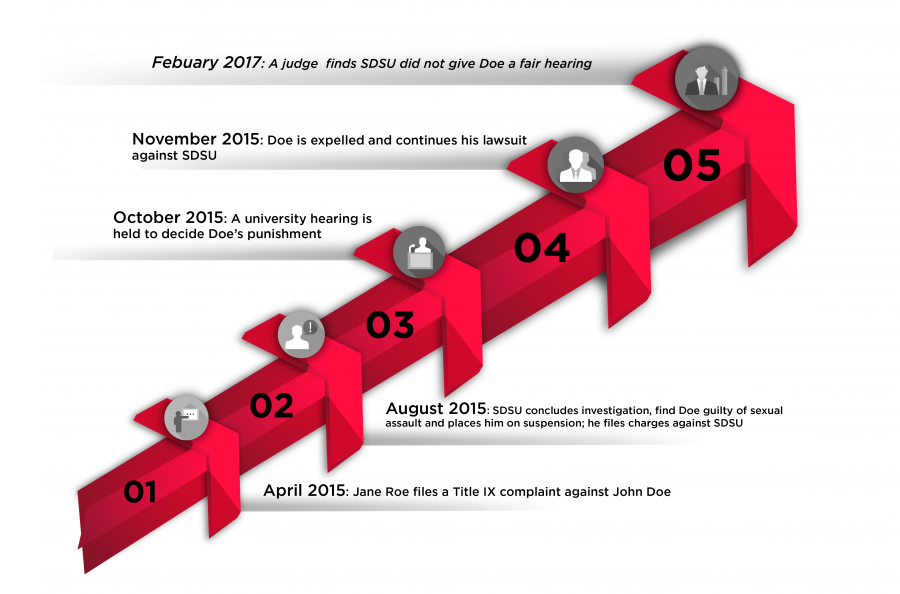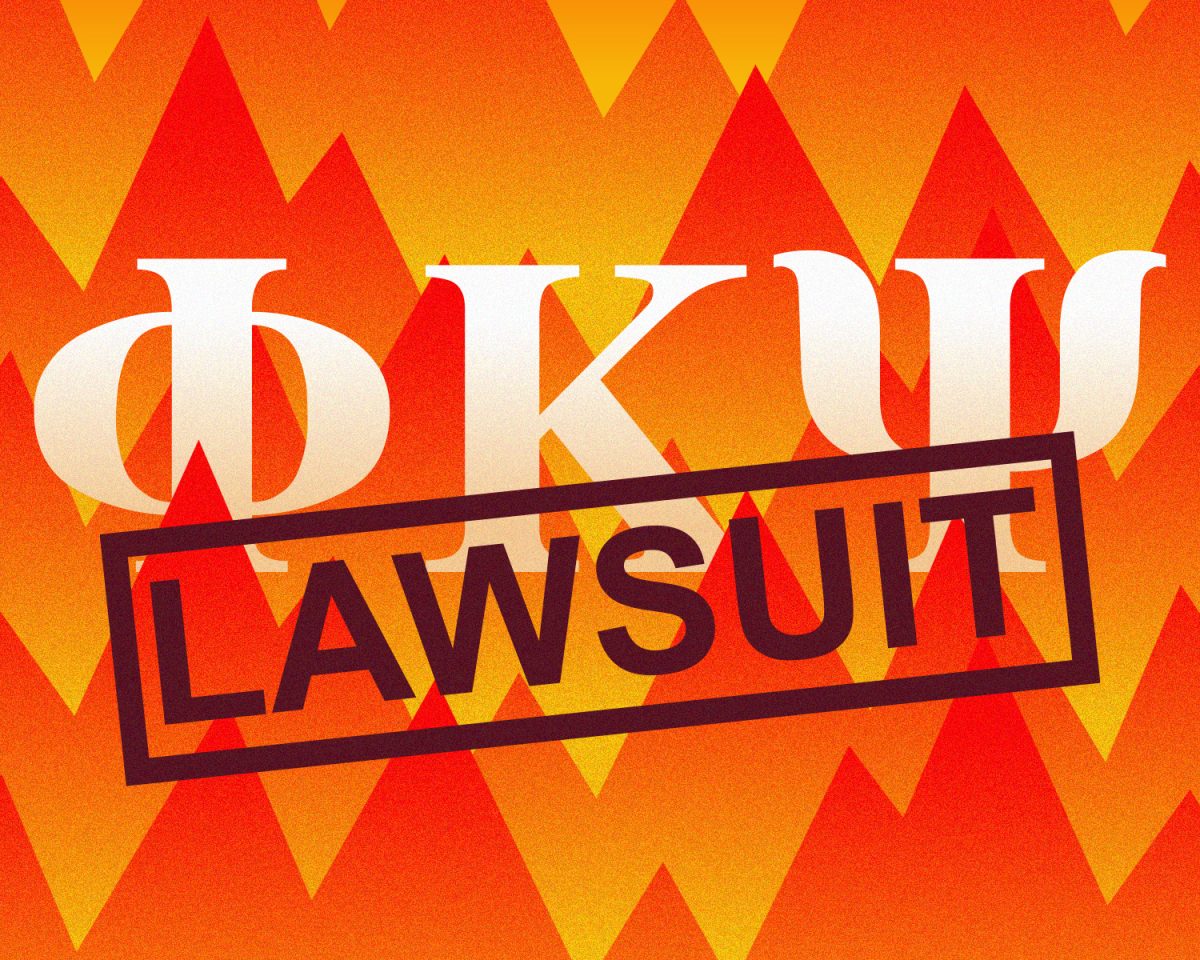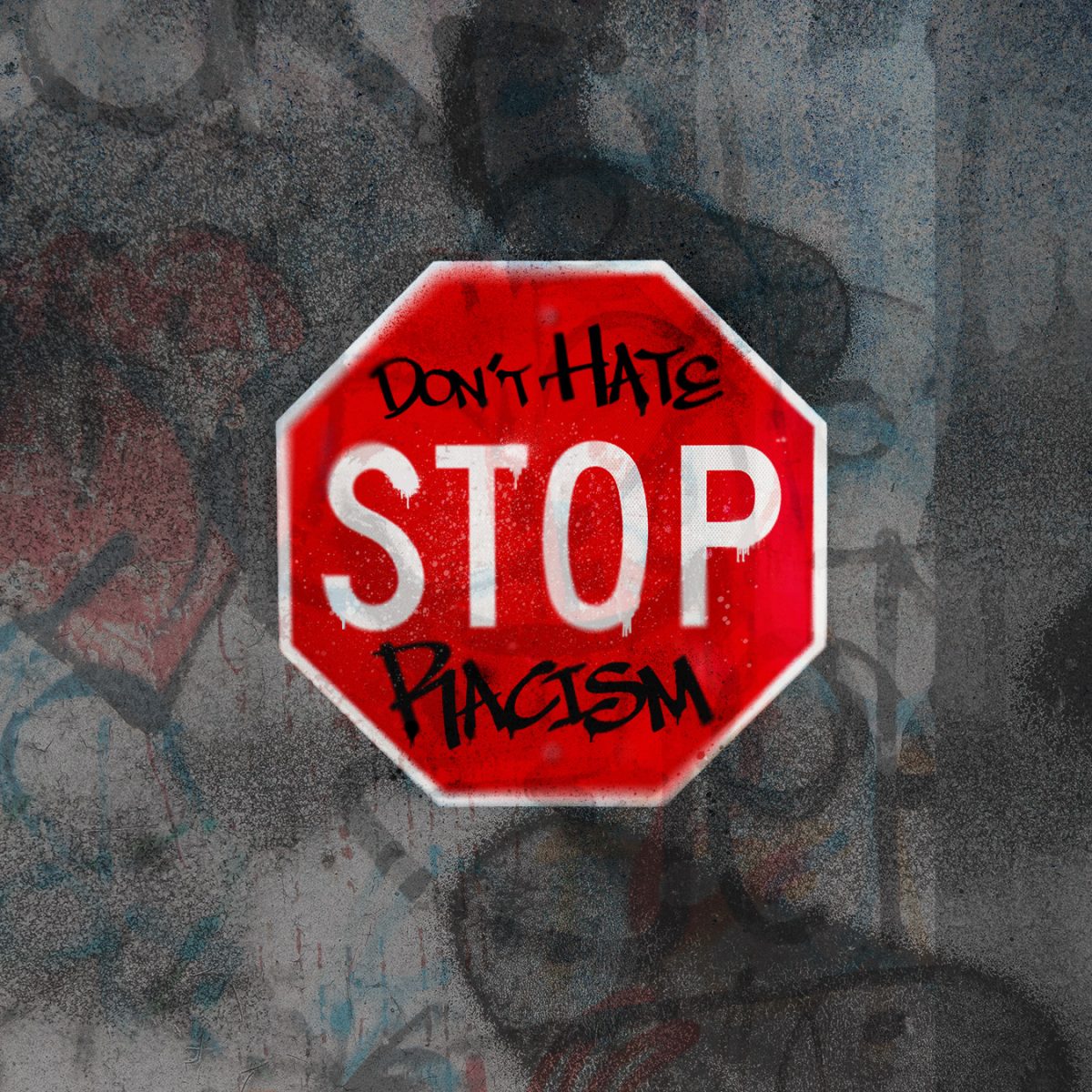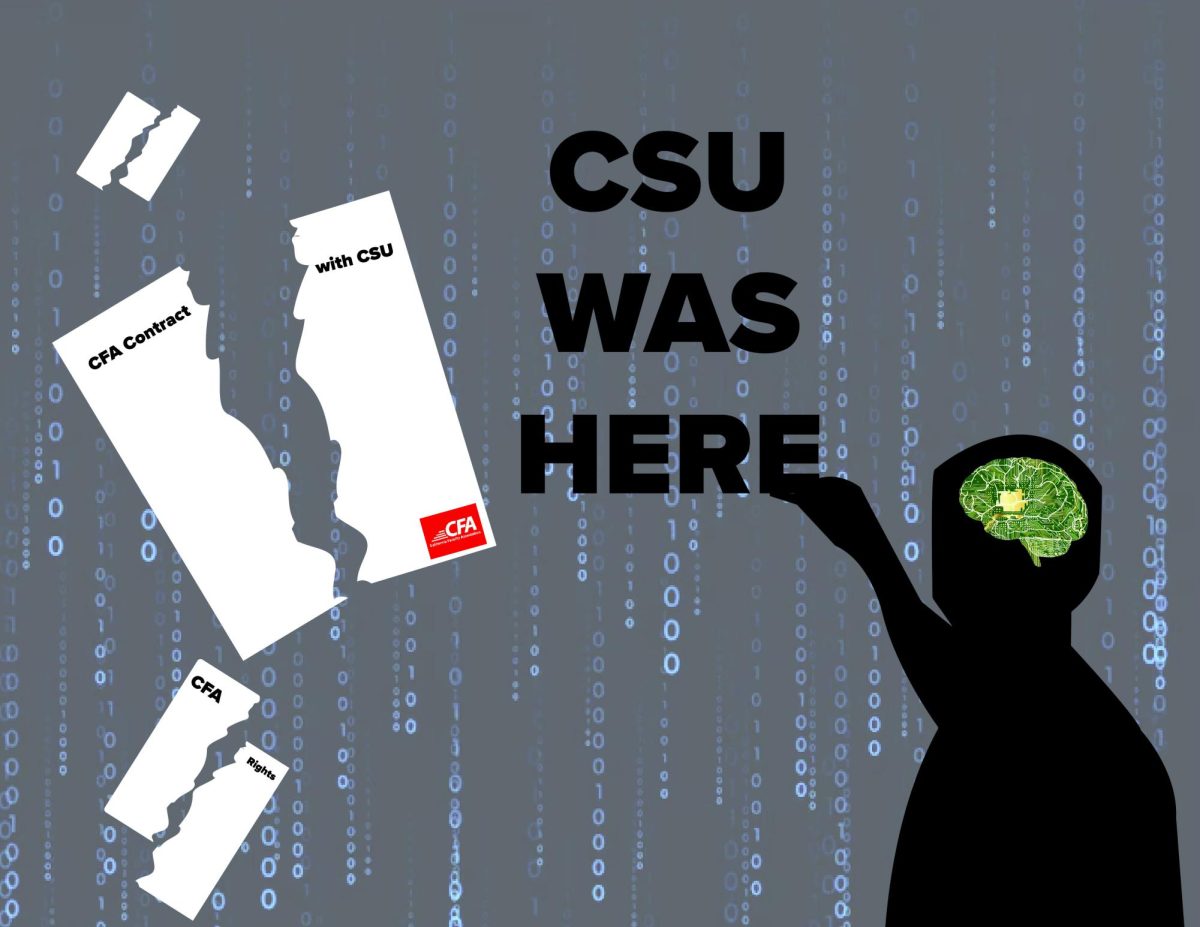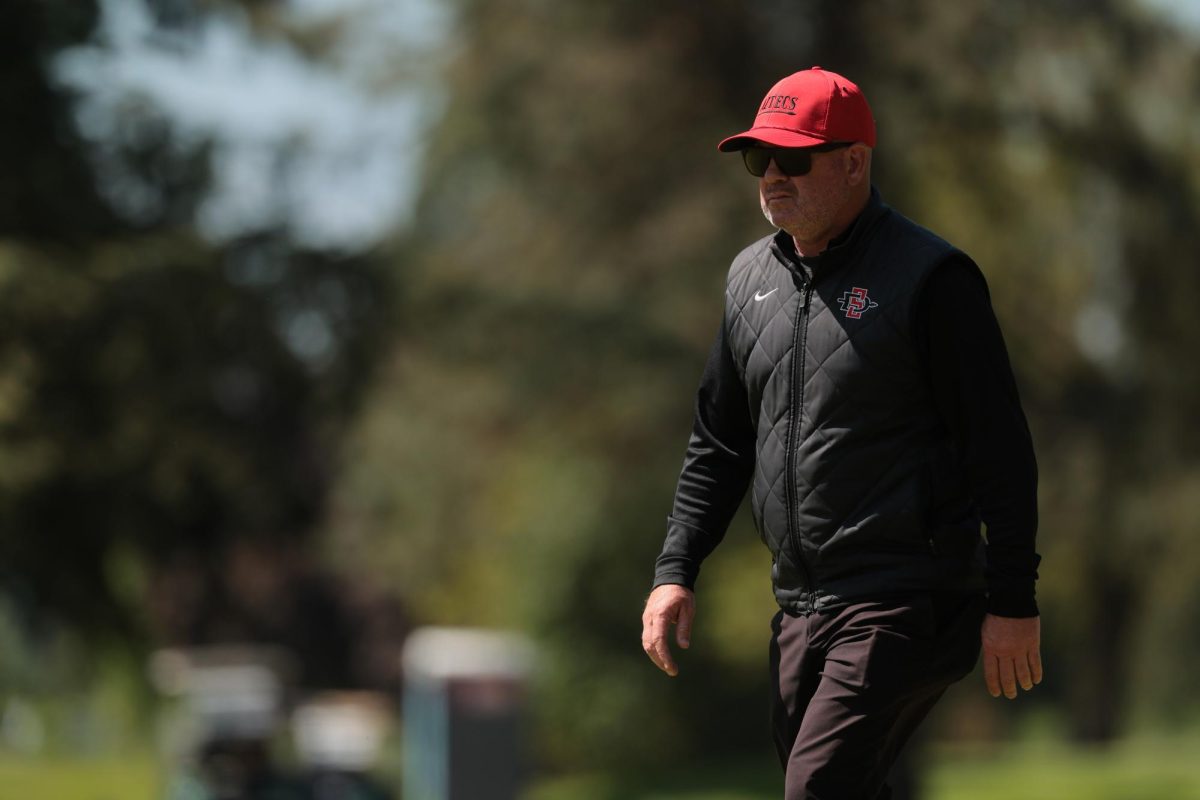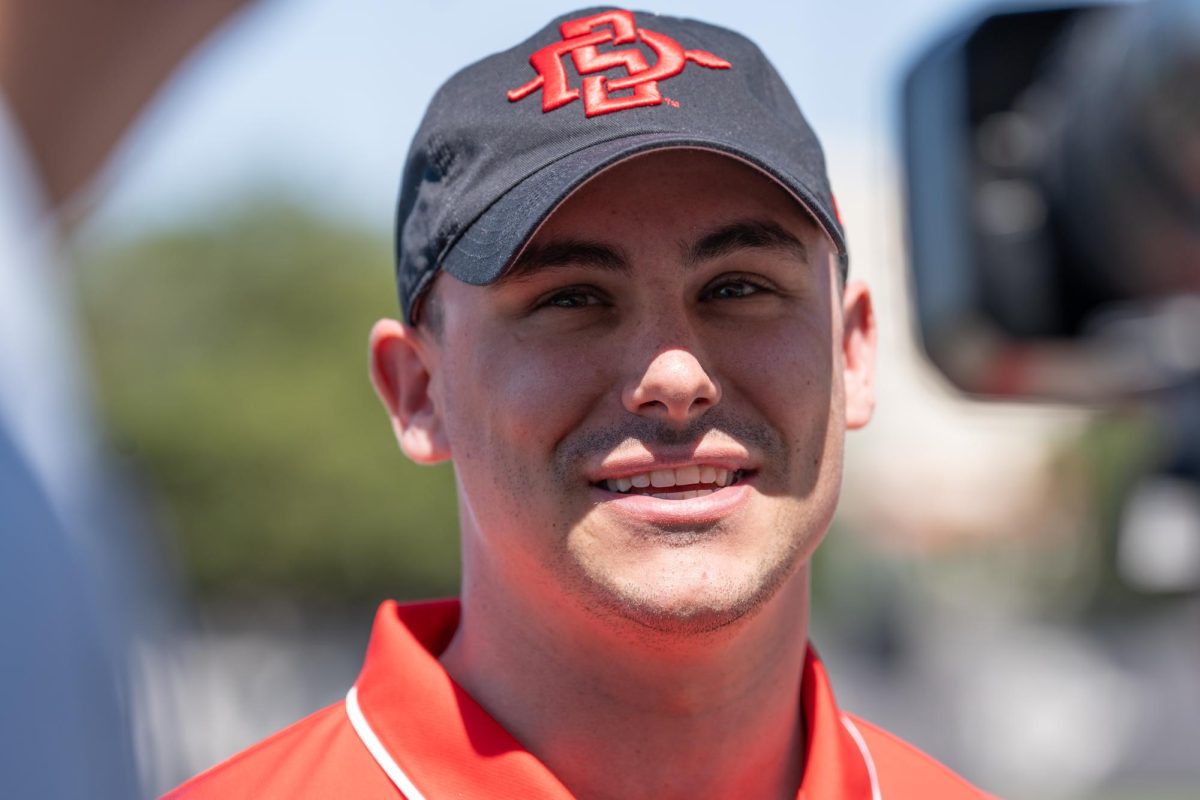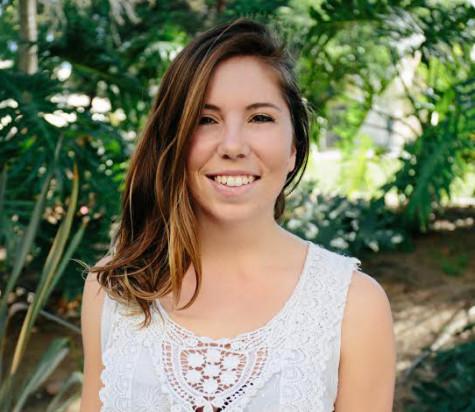A San Diego court ruled on Feb. 2 that San Diego State violated procedural fairness in a Title IX investigation, by failing to provide a student accused of rape with a fair hearing.
In April 2015, a student (identified as Jane Roe in court documents) filed a Title IX complaint alleging that a fellow 19-year-old student, identified as John Doe, sexually assaulted her after a party at Theta Chi Fraternity.
Director of the Center for Student Rights and Responsibilities Lee Mintz investigated the claim and found that Doe had committed sexual assault. He was expelled in November 2015.
San Diego Superior Court Judge Joel Wohlfeil ordered the university to dissolve Director of the Center for Student Rights and Responsibilities Lee Mintz’s findings that Doe was guilty of what Mintz called “sexual assault” and “rape”, although Doe’s expulsion is still valid.
Wohlfeil wrote in the court’s minute order that Doe was “fundamentally deprived of a fair hearing” because he was not provided with an adult advisor.
He alleged SDSU had not granted him a fair trial, and brought charges against the university.
Mintz, who the court called “a skillful, trained and experienced advocate,” both investigated the claim and ultimately served as an advocate for Roe in the university hearing.
Alternately, Doe was required to speak on his own behalf, without a similarly qualified advisor though the court notes he did have the chance to consult with an attorney.
“The disparity of these circumstances is enough to shock the Court’s conscience,” Wohlfeil’s minute order reads.
“In contrast to the support system respondents (SDSU) provided Jane, petitioner (Doe) was required to speak on his own behalf and did so, with one exception, throughout the hearing…The Court wonders how, given petitioner’s youth, infant stages of his post-secondary education and the seriousness of the charges, petitioner was able to conduct himself as well as he did,” the order reads.
The order also clarifies that the school did not have an obligation to provide a lawyer as defense, but an “adult advisor” with similar skills, training and experience as Mintz in order to ensure a fair trial.
Wohlfeil also wrote in the order, “This case is about a well-intentioned, but deeply flawed, administrative system to investigate and review complaints of student misconduct.”
John Doe isn’t the first student to file a case against the university for mishandling a Title IX investigation.
In 2014, Francisco Sousa was arrested on charges of false imprisonment and forcible oral copulation, and suspended from SDSU. The District Attorney dropped the charges against Sousa in February, but he remained suspended until the start of the fall 2015 semester.
His lawyer, Domenic Lombardo said in a previous interview with “The Daily Aztec” that trying to communicate with SDSU through the course of the investigation was “the most frustrating experience a lawyer could have.”
A status conference on John Doe’s case is scheduled for March 10.
A spokesperson for the university, Gina Jacobs provided a statement on behalf of the university which reads, “We are considering the court’s findings and directions regarding the procedures. As this is a pending matter and to respect the privacy of the individuals involved, we cannot comment further at this time.”
Mark Hathaway, the attorney who is representing John Doe, also did not respond to a request for comment. His firm, Werksman, Jackson, Hathaway and Quinn, specializes in defending students accused in Title IX cases.
“If there’s not fair process for everybody, hundreds of thousands of students in the CSU system risk losing their right to an education arbitrarily.”




